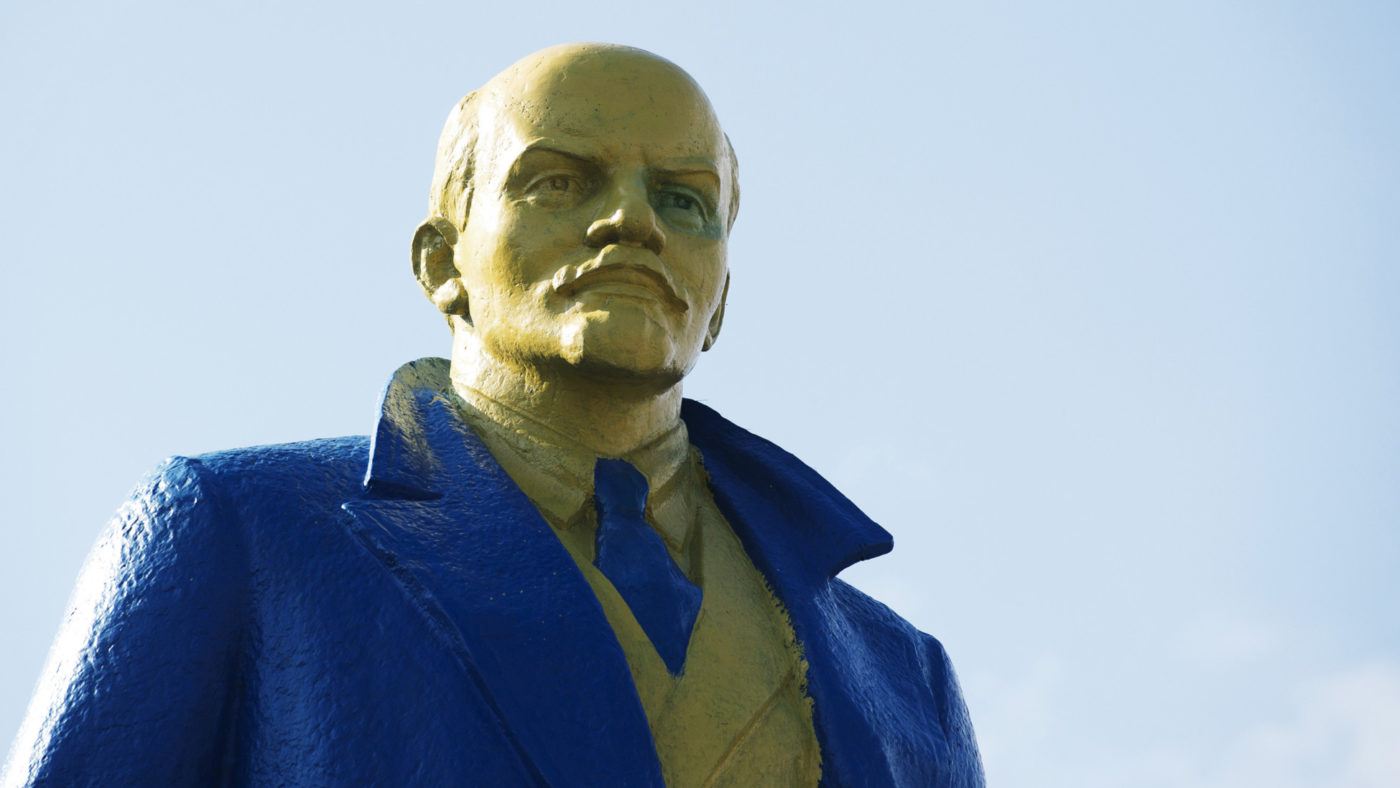Why is the media, especially the Western press, which wrote about Ukraine so triumphantly three years ago, today so deeply disappointed with the lack of reform? Why, following the Euromaidan revolution, have attempts to fix Ukraine’s economy failed? Are Ukrainians themselves to blame?
The answer to the last question is yes and no. The reforms failed because there was no consensus among Ukraine’s benefactors, chiefly the International Monetary Fund and World Bank, who offered flawed guidance about which changes were necessary and which were not. There was no consensus about what the reforms should be.
The battle between social-oriented, socialist economists on the Left and libertarian economists on the Right about economic reforms has been fought in the West for at least a century. In Ukraine, they are still fighting.
“We should follow the example set by Europe. Let’s use the European model,” was the line often heard in Kiev following the ouster of Ukraine’s disgraced ex-President Viktor Yanukovych in early 2014.
Unfortunately, there was far less discussion about whether Ukraine should institute the 60 per cent income tax used by Scandinavian countries, or the 10 per cent income tax used in Ireland – a country that has almost become an offshore zone within the European Union, and where the economy is growing robustly.
So, what is the European model? Why are candidates of socialist parties elected to lead some EU states, while liberal politicians are picked to head others?
As economic liberals, we think there should be less government involvement in the economy, the lowest possible taxes and concentrated efforts to stimulate business activity and attract foreign investment by all available means.
But looking at the “reforms” undertaken over the last three years in Ukraine, it is impossible not to conclude that instead Leftist advice was given to fix the economy – that is, proposals from Leftist economists offering socialist-style remedies.
Why else is Ukraine raising taxes for the third year in a row? Why has it offered only a single tax cut since 2014? All other taxes have increased, increased and increased – while Ukraine is also increasing social welfare payments.
The same is true of the privatisation of Ukraine’s crumbling state. Socialist-led governments in all European countries are comfortable with state ownership of property. Liberal leaders, as a rule, say the state is the most ineffective owner. They support selling off everything that is not necessary to provide basic regulatory functions, and say the state’s role in the economy should be reduced to the bare minimum.
The difference in approach fuels diametrically opposed views vis a vis the privatisation of state assets. What state assets has Ukraine sold off over the last three years? Practically nothing.
Not one debt-ridden, half-built (or unbuilt) state-owned property. No huge industrial state-owned enterprises, and not one of Ukraine’s industrial flagships, such as the Odessa port-side plant or Ukraine’s national railways, Ukrzalyznitsia. Not a single stake in a large state-owned company earmarked for privatisation has been sold in three years.
Did the IMF and World Bank turn off the spigot of foreign credit as a result of these Leftist policies? No. Did Ukraine’s benefactors express disapproval? No. Instead, billion-dollar loan tranches continue to be sent to Kiev, while Ukraine’s creditors approvingly wave them through.
The most flagrant example of this flawed reform policy advice involves Ukraine’s new tax code. Ukrainian economists independently developed and proposed liberal tax reforms, which sharply contrasted with the IMF-approved plan.
The proposals provided for lower tax rates in order to bring a large chunk of the economy out of the shadows, in order to balance state finances and simplify taxation procedures.
This grassroots initiative was rebuffed by the American-born former finance minister Natalie Jaresko, who said Ukrainian business is indifferent to tax rates and called supporters of the plan “populists”.
The plan was eventually scrubbed by the socialists in Ukraine’s government, who were supported by the Democrats then running Washington. In fairness, the Obama administration’s officials gave the same advice to the rest of the world.
The noted economist Arthur Laffer, a key adviser to Ukraine’s finance minister in late 2014, told Ukraine’s government not to emulate the taxation structure of today’s most successful economies. Look instead, he said, at what they were doing when they were becoming successful.
In most countries of old Europe today, the state lays claim to between 40 and 50 per cent of GDP. But during the boom years post-WWII, the percentage was closer to 20-25 – the same as in the Asian tigers during the 1990s.
Currently, the state’s share of GDP in Ukraine hovers above 40 per cent. Laffer, a Right-leaning economist, argued that the speed of economic growth trumps the choice of taxation system. He was ignored – as were other Western experts who offered similarly sound advice.
In 1993, then prime minister Leonid Kuchma sent a prophetic message to Ukraine’s lawmakers in parliament:
What kind of state should we build in Ukraine? If we build a socialist one, following the Scandinavian model, everything will not be socialist because that’s impossible. But if the state continues to own the dominant share and play the dominant role in setting economic policy, we’ll see 0.5 per cent, perhaps one per cent of economic growth annually. Ukraine’s economy will grow on par with economies where socialist policies prevail.
However, if Ukraine wants to build a fast-growing market economy, we should follow the model adopted in Ireland and Georgia, countries which follow liberal economic reform principles. Ukrainians should decide whose advice to follow. This way Ukrainian policy makers can avoid criticism years from now about why they failed to carry out reforms.
The process of economic reform has not stalled in Ukraine. Nor has it been halted. The blunt truth is that it has not even begun.


